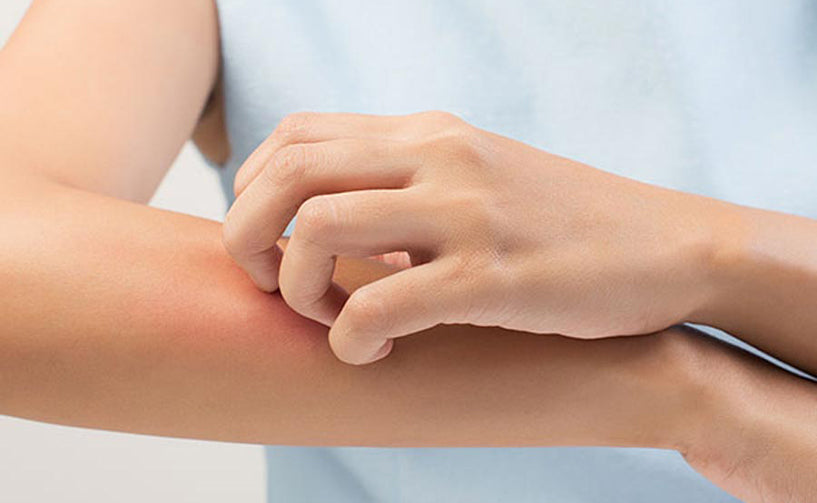Fungal infections may inflame any part of the body’s tissue internally or externally causing itching, redness, peeling of skin, damage and discomfort. Some examples of common fungal infection are athletes foot, candidiasis or yeast infections and ringworm. Fungi may live in a human body, water, plants, air and soil. Mycosis is another name of fungal infections which can be superficial or localized to the skin surface or deep seated like septicaemia of blood.
Fungi come under microbes such as virus, parasites and bacteria. Fungal spores from air, bird droppings and soil may cause infection, grow and invade, when there is a right environment or weak immune system including situations where there is organ transplant, people on chemotherapy, lung disease, diabetes and HIV patients.
Superficial fungal infection is more prone to develop in moist and warm environment, e.g. between the toes, nails, mouth cavity and are localized to smaller areas. Bit it may penetrate to subcutaneous or deeper layers like connective tissues, muscles and bones. Most fungal infections don’t need special medication, these can be treated by the simple home remedies. But serious and deep infection may require proper treatment and medication for a long period.
The four most common fungal infections are:
1. Ringworm which is highly contagious and causes a red ring like scaly patch to develop
2. Yeast Infection which are common in the vagina and toes due to an imbalance of bacteria
3. Jock itch or tinea cruris which affects the groin, buttocks and inner thighs
4. Athlete’s Foot causing blisters, redness, cracking, itching and stinging
Do’s
- Follow the whole treatment to reduce the chances of recurrence
- Wash infected clothes in hot water
- Eat healthy and keep your immune system strong
- Use immunity enhancing supplements which contain turmeric or curcumin
- Use coconut oil to treat rashes, itching and stinging
Don’ts
- Avoid crowded areas, public bathrooms and public swimming pools
- Do not wear synthetic and tight clothes
- Do not itch or scratch affected area harshly
- Avoid physical contact with others if you have a communicable fungal infection






